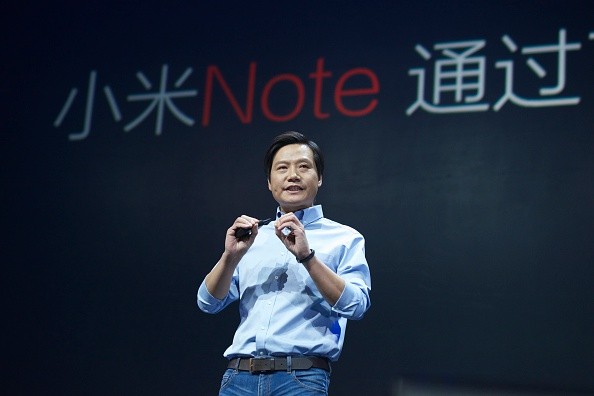For 2015, Xiaomi was hailed as the top smartphone maker in China's market despite all the hurdles it faced, the Wall Street Journal reported.
The news comes even after the local firm was scrutinized for missing its smartphone sales target of 80 million last year. Its rival Huawei was able to exceed its 100 million target worldwide.
Concerns heightened when the overall local smartphone market only grew 2 percent, the slowest rate recorded in Chinese history.
According to Canalys analyst Nicole Peng, the brisk sales of the company's newest offering, the Redmi Note 3, gave a big boost to Xiaomi's fourth-quarter sales. She cited the device's trendy features and competitive price as major factors in its success.
Moreover, Nicole pointed out that Xiaomi greatly benefited from the end-of-year sales season in the country, noting the firm's heightened presence in various Chinese e-commerce platforms.
Nonetheless, the analyst forecast that Xiaomi would have to prepare for a fierce competition with Huawei this 2016.
"Huawei is going to be very strong in 2016. There is a change of consumer buying pattern where people are buying more premium handsets. This is beneficial to Huawei and Vivo, but isn't playing to Xiaomi's strengths," she remarked.
Vivo is another homegrown smartphone maker attempting to get a huge share in China's market.
Data from Canalys shows that the average smartphone sales price of Huawei increased to $306 last year. In 2014, the figure stood at $216. Meanwhile, Xiaomi's average slipped to $149 from 2014's $189.
In China, the average price of smartphones rose to $319 compared to $260 figure in 2014.
The research firm also revealed that for the entire 2015, Xiaomi secured a 15.2-percent domestic market share. Huawei and Apple followed with 14.7 percent and 12.5 percent, respectively.
Meanwhile, Huawei remarked that its "primary goal is not to chase market share, but to establish [itself] as a global premium brand."
"In 2015 in China alone, Huawei's smartphone sales gained strong momentum in the premium segment of the market, while outpacing all its major competitors," the firm said in a statement.



























